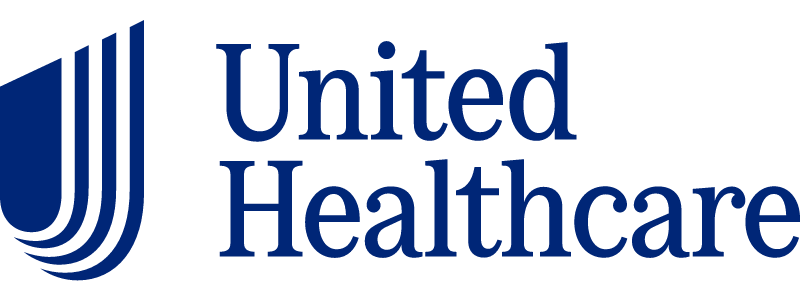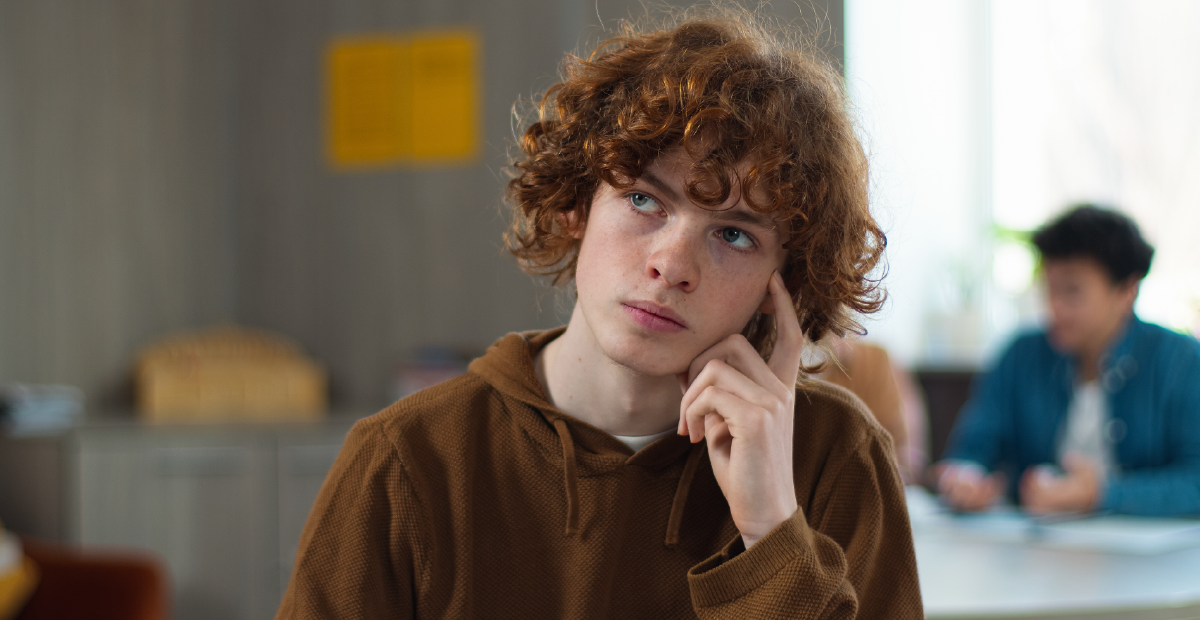Does someone you love have a substance abuse problem? Addiction is a vicious cycle. Unfortunately, when someone struggles with addiction, there is a ripple effect that leaves no one in the family untouched. How well is your family coping? Is your family managing the stress of addiction in a healthy way?
There are six dysfunctional roles we often see within the family system of addiction. In order to break the cycle of dysfunctional family roles, you must first understand each role and the part it plays in the family unit. Take a look at this list, and see if you can identify any of these roles within your family:
#1: The Addict:
The entire family life revolves around the addict or alcoholic. Each codependent role has been taken on in order to “make sense” of, and handle, the dysfunction in the everyday life of the family.
If the dysfunction within the family unit is not acknowledged and addressed, the addict is more likely to continually relapse. This is why we believe strongly in family therapy. Family therapy is critical in helping teenagers recover from substance abuse.
#2 The Caretaker:
The caretaker will often cover up the addict’s problems and responsibilities to keep everyone happy. The caretaker role often enables the addict.
Enabling may look like : Disbelief and denial of addiction, covering up the problem due to parental guilt and shame, attempting to make life easier as a solution by giving money or gifts not earned, expecting less, removing responsibilities, etc., overlooking bad behavior to keep peace, trusting the promises of an addict, inconsistency – not following through with logical consequences, preventing natural consequences, forgiving too quickly, blaming his or her peers, believing lies.
The caretaker works hard to keep everyone in the family happy, for fear that if the real issues are realized, the family could fall apart. What the caretaker doesn’t understand is that their fear of addressing painful issues is actually preventing the family from operating as a healthy unit.
#3 The Hero:
The Hero devotes time and attention to making the family look “normal” and without problems. By overachieving and being successful in school, work or social activities, the Hero feels he/she can mask or make up for the dysfunctional home life.
Many times the Hero feels pressure to keep the family’s success and image afloat. This is a huge burden for one person to carry!
#4 The Scapegoat:
The Scapegoat often acts out in front of others. They will rebel, make noise, and divert attention from the person who is addicted and their need for help in addiction recovery. The Scapegoat covers or draws attention away from the real problem.
#5 The Mascot:
The Mascot’s role is that of the jester. They will often make inappropriate jokes about those involved. Though they do bring humor to the family roles, it is often harmful humor, and they sometimes hinder addiction recovery.
#6 The Lost Child:
The Lost Child is the silent, “out of the way” family member, and will never mention alcohol or recovery. They are quiet and reserved, careful to not make problems. The Lost Child gives up self needs and makes efforts to avoid any conversation regarding the underlying roles.
Were you able to identify a few of these roles within your household? If your answer is yes, you’re probably thinking “what now?” As we said, family therapy is so important! It not only helps the addict find recovery, but it also helps his/her family recover!
At Clearfork Academy, we know addiction is a family issue, and we want to support each family member throughout the process. In addition to family therapy sessions, we have support groups for parents of kids in treatment, and for parents of alumni. We also have a private Facebook page just for parents, to help you connect, and have a safe place to ask questions and find support.
If your son is “The Addict”, don’t try to cover it up or struggle through it alone any longer! Get him the help he needs, so everyone can begin to heal. We’ve helped thousands of boys find recovery, and we’d love to help your son too! Our clinical specialists are available to take your call any time of day, and offer professional guidance on your son’s unique situation. Please call us at (817) 259-2597, email us at [email protected] or visit our website at www.ClearforkAcademy.com!
Austin Davis, LPC-S
Founder & CEO
Originally from the Saginaw, Eagle Mountain area, Austin Davis earned a Bachelor of Science in Pastoral Ministry from Lee University in Cleveland, TN and a Master of Arts in Counseling from The Church of God Theological Seminary. He then went on to become a Licensed Professional Counselor-Supervisor in the State of Texas. Austin’s professional history includes both local church ministry and clinical counseling. At a young age, he began serving youth at the local church in various capacities which led to clinical training and education. Austin gained a vast knowledge of mental health disorders while working in state and public mental health hospitals. This is where he was exposed to almost every type of diagnosis and carries this experience into the daily treatment.
Austin’s longtime passion is Clearfork Academy, a christ-centered residential facility focused on mental health and substance abuse. He finds joy and fulfillment working with “difficult” clients that challenge his heart and clinical skill set. It is his hope and desire that each resident that passes through Clearfork Academy will be one step closer to their created design. Austin’s greatest pleasures in life are being a husband to his wife, and a father to his growing children. He serves at his local church by playing guitar, speaking and helping with tech arts. Austin also enjoys being physically active, reading, woodworking, and music.




